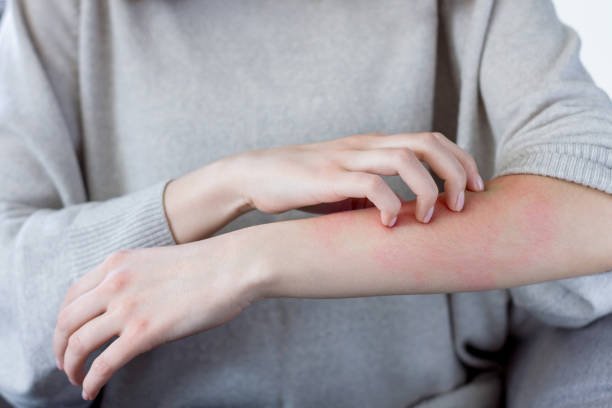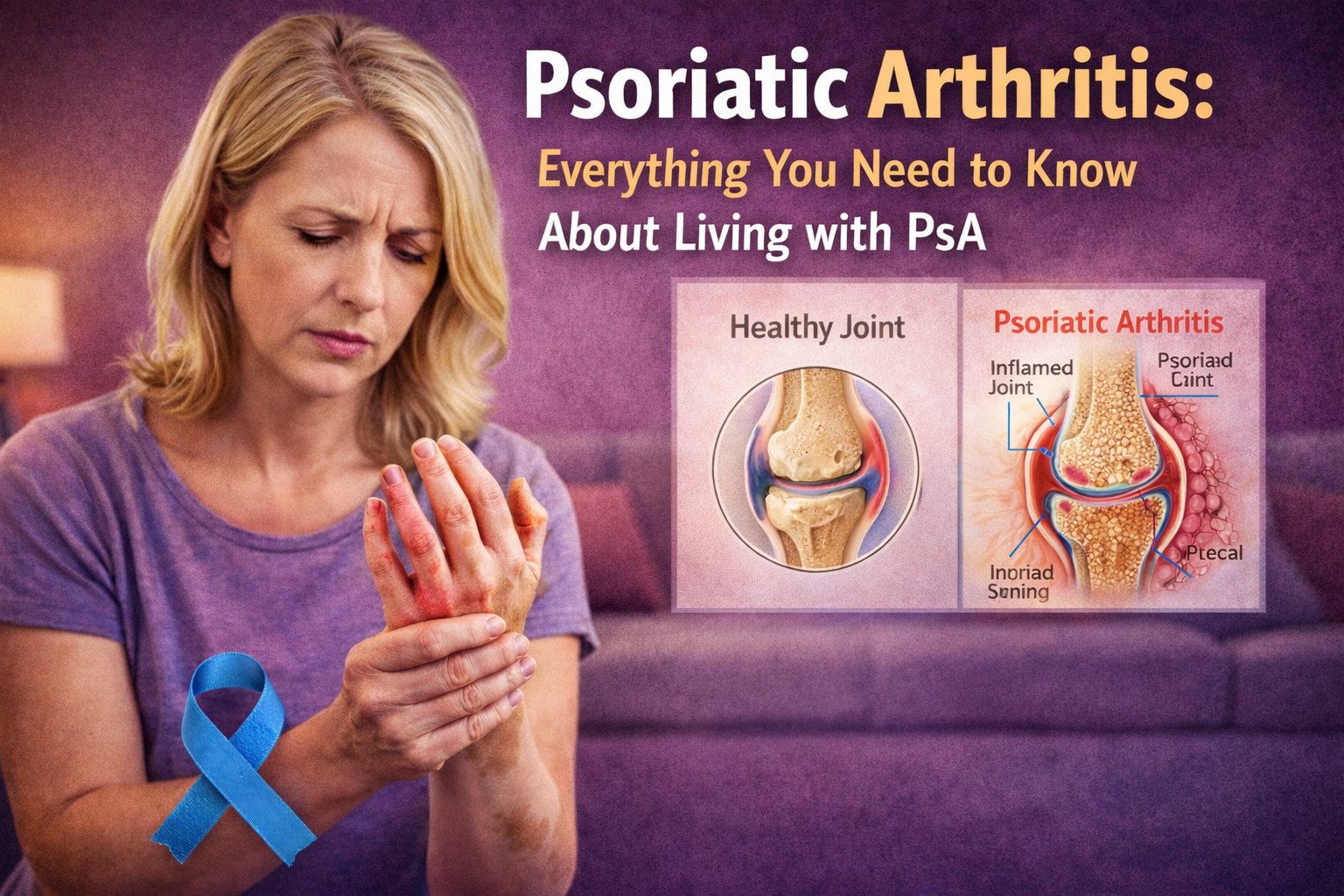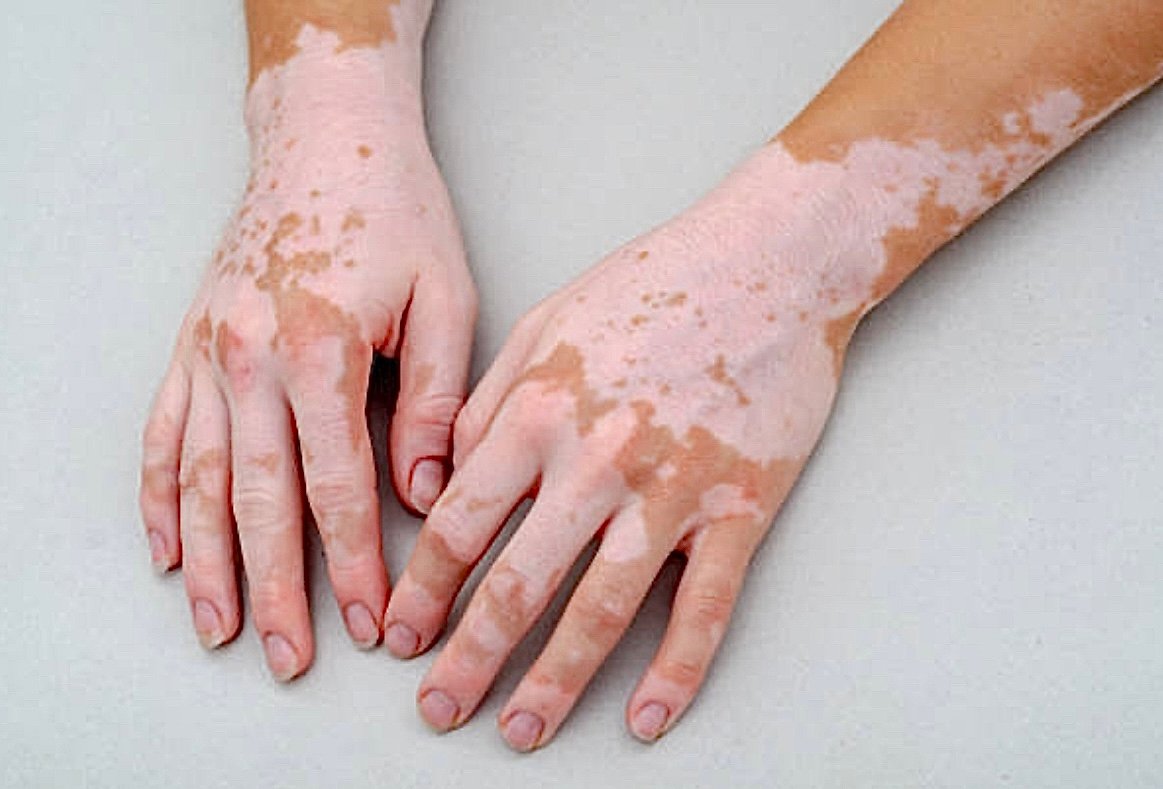Understanding Eczema: Causes and Symptoms
Eczema is a skin condition that causes dryness, redness, and itchiness. It can show up in different ways and for various reasons. We will explore what eczema is, what usually causes it, and the common signs to look out for.
What Is Eczema?
Eczema is not just one condition but a group of skin problems that cause the skin to become inflamed or irritated. It often makes the skin dry, red, and itchy. Many people call it atopic dermatitis, which is the most common form.
It can affect any part of the body, but usually appears on the hands, feet, face, elbows, and behind the knees. Eczema is a long-lasting condition that can flare up and then improve over time. While there’s no cure, managing eczema with the right care can help control symptoms.
Common Causes of Eczema
Eczema happens when the skin’s barrier doesn’t work properly, making it easier for things like irritants and allergens to cause trouble. Some causes include:
- Genetics: It often runs in families, meaning if we have relatives with eczema, asthma, or hay fever, we might be more likely to get it.
- Allergens: Dust mites, pollen, or pet dander can trigger eczema.
- Irritants: Harsh soaps, detergents, and certain fabrics can make eczema worse.
- Climate: Cold, dry weather can dry out the skin, causing flare-ups.
- Stress: Being stressed can also make symptoms worse.
Understanding these causes helps in avoiding triggers and managing eczema better.
Typical Eczema Symptoms
Eczema shows up in different ways, but usually involves some common symptoms:
- Dry, scaly skin: The skin may look rough or cracked.
- Redness and inflammation: Areas of the skin become red and sore.
- Itchiness: This is one of the hardest parts to deal with and can lead to scratching, which often makes the skin even worse.
- Rash: Eczema can cause patches of rash or small blisters.
- Thickened skin: When scratched a lot, the skin can become thick and leathery over time.
These symptoms can change over time and can be mild or severe depending on where and how much the skin is affected.
Eczema Treatment Options Explained Simply
We can manage eczema better by using good skincare, medicines, and making small changes to our daily lives. These work together to keep our skin calm and help reduce flare-ups.
Everyday Skincare Practices
Moisturising our skin is very important. Using thick creams or ointments helps keep the skin hydrated and less itchy. We should apply moisturizer at least twice a day, especially after washing.
Baths or showers should be warm, not hot, and kept short to avoid drying the skin. After washing, gently pat the skin dry with a towel instead of rubbing.
Choosing mild, fragrance-free soaps and detergents can help prevent irritation. Wearing soft, breathable clothing like cotton also protects the skin from scratching and discomfort.
Medicinal Treatments for Eczema
Sometimes creams with steroids are needed to reduce inflammation. These are applied in thin layers over the affected areas as advised by a doctor. It’s important to follow instructions carefully to avoid side effects.
For itching, antihistamine tablets may help, especially at night. In some cases, doctors prescribe non-steroid creams or ointments called calcineurin inhibitors as an alternative to steroids.
If eczema is severe, other treatments like phototherapy (light therapy) or stronger medicines may be recommended. Always check with a healthcare professional before starting new treatments.
Lifestyle Tips for Managing Eczema
Certain things can trigger eczema flare-ups, like stress, allergens, and irritants. Identifying and avoiding these triggers makes a big difference.
Keeping nails short helps reduce skin damage from scratching. We can also use soft gloves at night to stop ourselves from scratching in our sleep.
Managing stress through relaxation techniques or light exercise can prevent skin problems caused by tension. Drinking plenty of water and eating a balanced diet also support healthy skin.
By combining these habits, we give our skin the best chance to stay calm and heal better.
Conclusion
Eczema is a common skin condition that can affect many of us at some point. It causes dry, itchy, and inflamed skin, which can feel uncomfortable. While there isn’t a cure, there are ways we can manage the symptoms.
We can use moisturisers regularly to keep our skin hydrated. Avoiding known triggers like harsh soaps or certain fabrics can also help reduce flare-ups. Sometimes, treatments like steroid creams prescribed by a doctor are needed.
Understanding what causes our eczema and recognizing early signs can make a big difference. Keeping track of what affects our skin helps us make better choices. Support from healthcare providers and loved ones makes managing eczema easier and less stressful.



